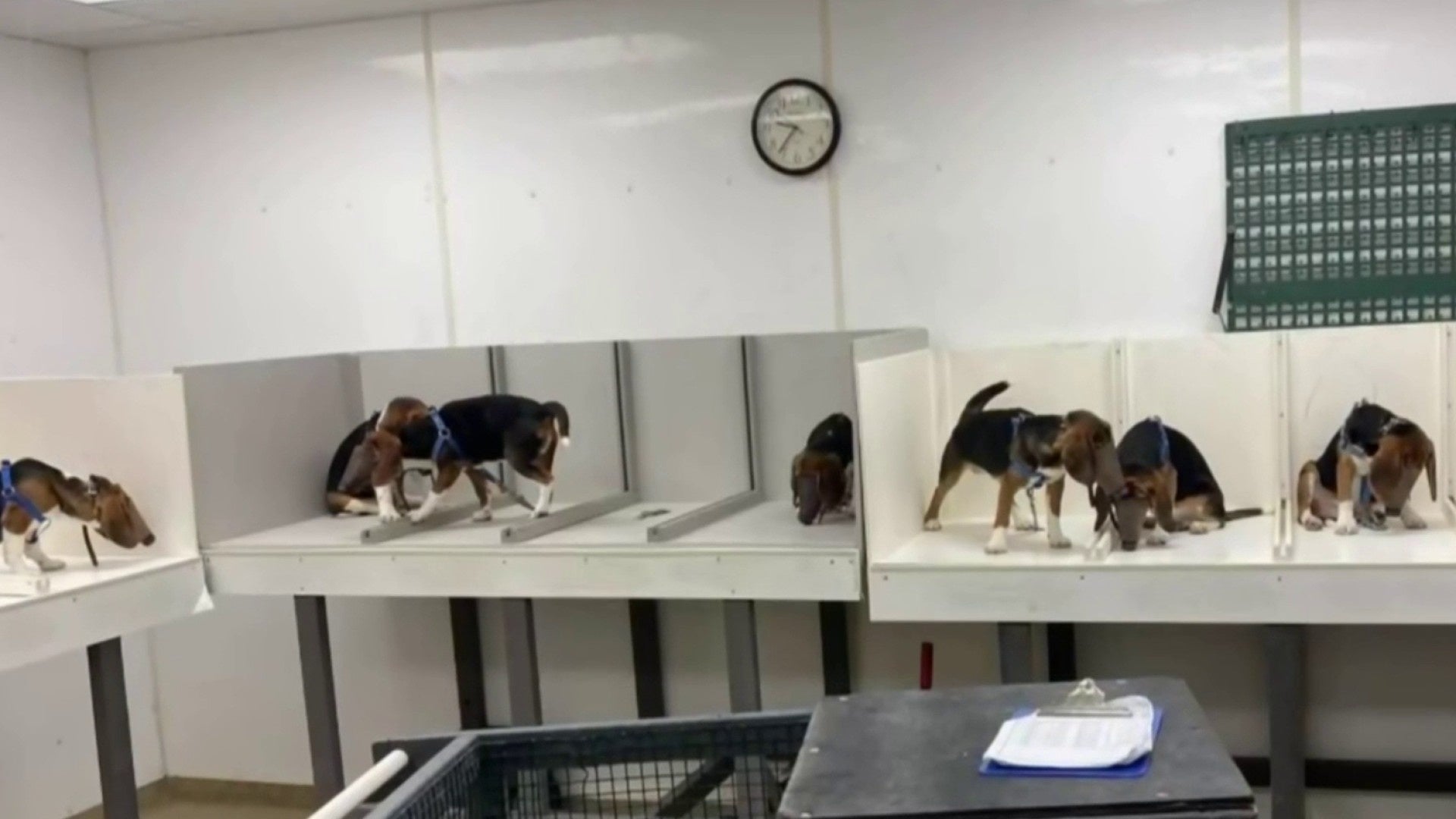URGENT UPDATE: Wayne State University is under intense scrutiny following allegations of unethical euthanasia practices involving research dogs. The Physicians’ Committee for Responsible Medicine is calling for an immediate investigation by the Department of Agriculture and Rural Development into the university’s treatment of these animals, sparking outrage among animal rights advocates.
According to Ryan Merkley, the committee’s director of research advocacy, dogs are subjected to invasive experiments in a hidden, windowless basement on the university’s medical campus. “Wayne State’s been trying to keep this a secret for a very long time,” Merkley stated. Reports indicate that at least 152 dogs have either been euthanized or found dead since 2010, raising serious ethical questions about the university’s research methods.
The controversial experiments aim to study human heart health but have drawn criticism for being outdated and inhumane. Merkley detailed shocking practices where dogs endure multiple surgeries and are forced to run on treadmills with heart rates elevated to dangerous levels. “They subject dogs to extreme conditions, and when one dog couldn’t run, it was considered useless and euthanized,” he added.
One particularly distressing case involved a dog, identified only as Dog No. 3002, who was put down after failing to comply with the treadmill test. “They didn’t even try to save this dog’s life,” Merkley emphasized, highlighting that the animal was deemed adoptable by an outside veterinarian. This incident raises alarms about violations of Teddy’s Law, which mandates that adoptable animals must not be euthanized.
Wayne State University has refrained from commenting on the allegations but provided a letter justifying the veterinarian’s recommendation for euthanasia. The Physicians’ Committee argues that the university’s actions violate the essence of Teddy’s Law, prompting calls for a full investigation.
As public backlash grows, there is hope that the Department of Agriculture and Rural Development will act promptly. “We’re hoping they’ll launch an investigation, and if they do, this will mark the first inquiry under Teddy’s Law,” Merkley stated.
In addition to Teddy’s Law, there is emerging legislation known as Queenie’s Law, which aims to further restrict animal testing practices in the state. If passed, this law could effectively halt such experiments on dogs at a state level.
The situation remains fluid as local authorities evaluate whether to proceed with an investigation. Animal welfare advocates are closely monitoring developments, emphasizing the need for immediate reform to protect these vulnerable animals.
As of now, there is no confirmation on when the Department of Agriculture and Rural Development will initiate its investigation, but the pressure is mounting on Wayne State University to address these serious allegations. The outcome could have significant implications for the future of animal research in Michigan and beyond.
Stay tuned for updates on this developing story, as the urgency for accountability grows stronger by the minute.
